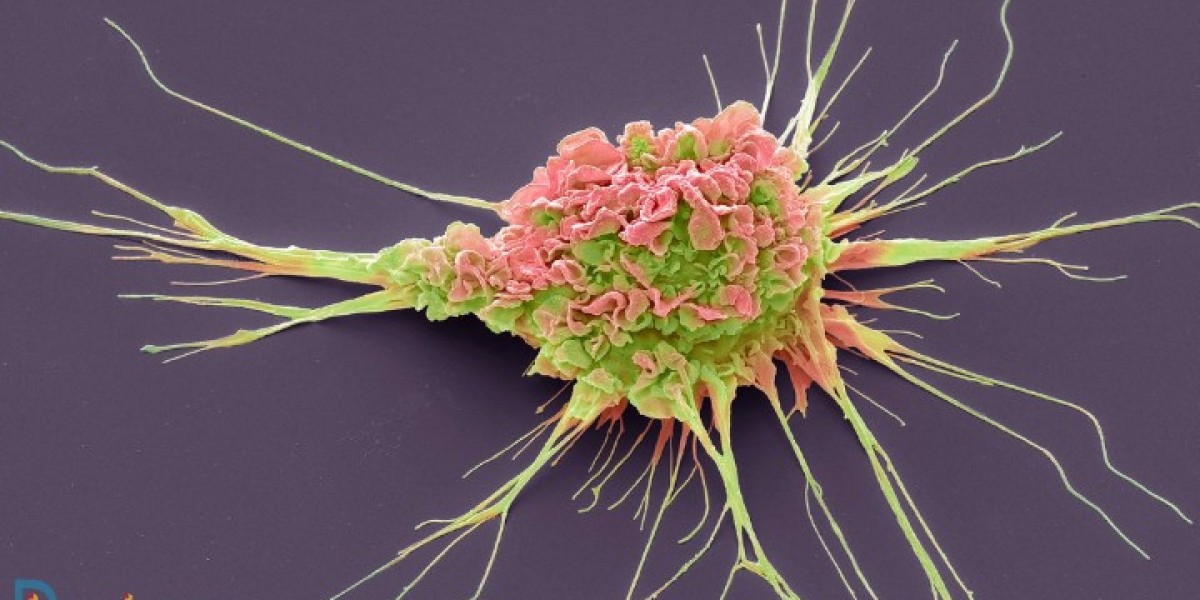1. Exosome-Based Treatments for Atopic Dermatitis
Exosome-based therapies are becoming a leading contender in the treatment of atopic dermatitis (AD), a chronic inflammatory skin condition. AD is driven by immune system dysregulation, leading to skin irritation and inflammation. Exosome-based treatments for atopic dermatitis focus on utilizing exosomes to modulate the immune response, delivering anti-inflammatory factors directly to the affected skin areas. These therapies have demonstrated the potential to reduce skin inflammation, restore the skin barrier, and promote healing, all while minimizing the adverse effects associated with topical steroids or immunosuppressants.
Recent clinical trials have shown that exosomes derived from stem cells can significantly improve skin conditions in AD patients by regulating immune responses and enhancing tissue repair. Their ability to deliver therapeutic agents in a controlled manner opens the door to more personalized and effective treatments for individuals suffering from atopic dermatitis, particularly those who are resistant to conventional therapies.
2. Exosome-Based Cancer Immunotherapy
Cancer treatment has traditionally involved surgery, chemotherapy, and radiation, but these approaches often come with significant side effects. Exosome-based therapies are now being explored as a novel method to target and treat various cancers more precisely. Exosomes can be engineered to carry cancer-specific antigens or therapeutic molecules to tumor cells, enhancing the immune response against the cancer while minimizing damage to healthy tissues.
Researchers are also investigating exosome-based vaccines that can stimulate the immune system to target specific cancer cells. These vaccines have shown promise in preclinical studies, with some exosome-based treatments already entering clinical trials. This personalized approach allows for more effective cancer treatment with fewer side effects, making exosome-based cancer immunotherapy an exciting area of development.
3. Exosome-Based Treatments for Neurodegenerative Conditions
The treatment of neurodegenerative conditions like Alzheimer's disease, Parkinson's disease, and Huntington's disease has long been a challenge due to the blood-brain barrier and the complex nature of these disorders. Exosome-based therapies are showing great potential in overcoming these obstacles, offering a novel approach to delivering therapeutic agents directly to the brain. Exosomes can be engineered to carry proteins, RNA, or drugs that specifically target brain cells, potentially halting or slowing the progression of neurodegenerative diseases.
Studies have indicated that exosome-based treatments for neurodegenerative conditions may improve neuronal health, reduce neuroinflammation, and even promote neuroregeneration. For instance, stem cell-derived exosomes have shown promise in models of Alzheimer's and Parkinson’s diseases, improving cognitive function and reducing neurodegeneration. As research continues, these therapies could offer a breakthrough in the treatment of some of the most challenging diseases in aging populations.
4. Exosome-Based Regenerative Medicine
Regenerative medicine, which focuses on repairing or replacing damaged tissues, is one of the most exciting fields for exosome-based therapies. Exosomes derived from stem cells are being studied for their ability to promote tissue repair and regeneration, particularly in conditions like heart disease, liver damage, and spinal cord injuries. These exosomes carry growth factors, microRNAs, and other regenerative molecules that can accelerate healing processes and reduce scarring.
In clinical trials, exosome-based regenerative therapies have shown promise in accelerating wound healing, improving tissue regeneration in cardiac repair, and aiding recovery after surgery. As the understanding of exosome biology improves, these therapies may revolutionize the treatment of chronic injuries and degenerative diseases, offering more effective and personalized treatment options.
5. Exosome-Based Gene Therapy
Gene therapy is an innovative approach to treating genetic disorders by altering the genetic material within cells. Exosome-based gene therapy is gaining traction as a safer and more efficient way to deliver genetic material into target cells. Unlike traditional viral vectors, exosomes are naturally occurring and have a lower risk of immune rejection or toxicity, making them an attractive alternative for gene delivery.
Exosome-based gene therapies are being explored for various genetic diseases, including cystic fibrosis, muscular dystrophy, and certain inherited cancers. By encapsulating therapeutic genes in exosomes, researchers can deliver these genes directly to the cells that need them, potentially correcting genetic defects at the molecular level. This personalized treatment approach offers a promising future for patients with genetic disorders, providing a more targeted and less invasive option compared to current gene therapy methods.
Conclusion
Exosome-based therapies are poised to transform the landscape of personalized medicine by providing more targeted, effective, and minimally invasive treatment options. From treating autoimmune conditions like atopic dermatitis to addressing complex diseases such as cancer and neurodegenerative conditions, these therapies are unlocking new possibilities in medicine. As research continues to advance, exosome-based treatments are likely to become a cornerstone in the treatment of a wide range of diseases, offering tailored solutions that improve patient outcomes and quality of life.
Latest Report Offered By DelveInsigh:
Chronic Wounds Market | Congenital Adrenal Hyperplasia Market | Cytokine Release Syndrome Market | Granulomatosis With Polyangiitis Market | Iga Nephropathy Market | Von Willebrand Disease Market | Eosinophilic Esophagitis Market | B-cell Non-hodgkin Lymphoma Market | Alcohol Use Disorder Market | Seborrhea Market | Choroideremia Market | Mrna Based Vaccines And Therapeutics Market | Benefits Of Robotics In Healthcare | Lewy Body Dementia | Energy Based Aesthetic Devices Market | Ependymoma Market | Fertility Monitoring Devices Market | Germ Cell Tumor Market | Hernia Repair Devices Market | Hot Flashes Market | Implantable Cardioverter Defibrillators Market | Keloid Market | Orthopedic Power Devices Market | Pouchitis Market | Surgical Sealant Market | Transthyretin Amyloidosis Market | Vascular Graft Devices Market | Lip And Oral Cavity Cancer Market | Sinus Dilation Devices Market | Inguinal Hernia Market | Plaque Psoriasis Market | Plasmodium Vivax Malaria Market | Hdac Inhibitors Market | Peritoneal Dialysis Equipment Market | Adenosine Deaminase-severe Combined Immunodeficiency Market | Bone Resorption Market | Pelvic Inflammatory Disease Market








